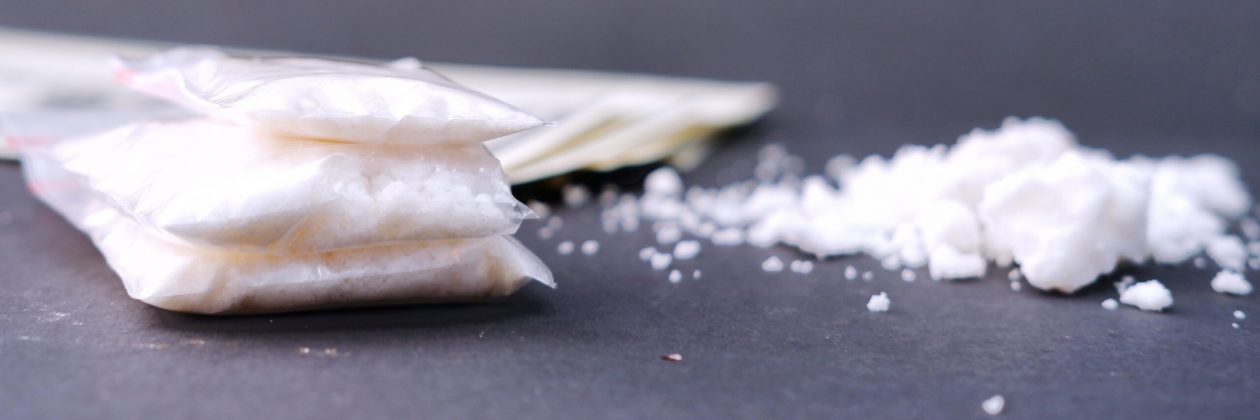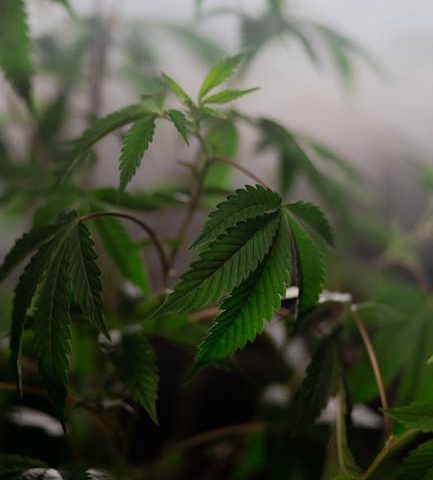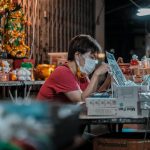Prague, the capital city of the Czech Republic, has a reputation for being a hub for various illicit substances, including Columbian cocaine. The city’s strategic location in Central Europe makes it an attractive destination for drug traffickers and consumers alike.
History of Cocaine in Prague
Cocaine has been present in Prague for decades, with its popularity peaking in the 1990s and early 2000s. During this time, the city’s nightlife scene flourished, with many bars, clubs, and restaurants catering to a growing crowd of young professionals and tourists. As a result, the demand for cocaine and other illicit substances increased, making Prague a key market for drug traffickers.
Columbian Cocaine: A Top Choice
Columbian cocaine, in particular, has become a top standard in Prague due to its high purity and availability. The city’s proximity to Western Europe and its well-developed transportation infrastructure make it an ideal location for traffickers to smuggle large quantities of cocaine into the country. Additionally, the Czech Republic’s relatively lax laws and corrupt border control have contributed to the widespread availability of Columbian cocaine in Prague.
Consequences of Cocaine Use
Despite its popularity, cocaine use has severe consequences, including addiction, health problems, and social issues. The Czech Republic has seen a significant increase in cocaine-related crimes, including theft, robbery, and violence. Furthermore, the country’s healthcare system has been overwhelmed by the growing number of cocaine users seeking treatment for addiction and related health problems.
Efforts to Combat Cocaine Trade
In recent years, the Czech government has implemented various measures to combat the cocaine trade, including increased border control, stricter laws, and public awareness campaigns. Additionally, law enforcement agencies have been working closely with international partners to disrupt cocaine trafficking routes and arrest key players in the trade.
- Increased border control: The Czech government has increased the number of border control officers and implemented new technologies to detect and prevent cocaine smuggling.
- Stricter laws: The government has introduced stricter laws and penalties for cocaine-related crimes, including longer prison sentences and heavier fines.
- Public awareness campaigns: The government has launched public awareness campaigns to educate citizens about the dangers of cocaine use and the consequences of cocaine-related crimes.
While these efforts have shown some promise, the cocaine trade remains a significant problem in Prague. The city’s reputation as a hub for illicit substances continues to attract traffickers and consumers, making it a challenging task for law enforcement agencies to combat the trade.
The Impact of Cocaine on Prague’s Society
The widespread availability of Columbian cocaine in Prague has had a significant impact on the city’s society. The drug has become a major concern for law enforcement agencies, healthcare professionals, and social workers. According to statistics, the number of cocaine-related crimes has increased by 25% in the past year, with many cases involving violent behavior, theft, and robbery.
Cocaine Use Among Young People
Cocaine use is particularly prevalent among young people in Prague, with many seeing it as a status symbol or a way to enhance their social experience. A recent survey found that 1 in 5 young people in Prague have tried cocaine at least once, with many reporting that they were introduced to the drug through friends or acquaintances at social gatherings or parties.
The ease of access to cocaine in Prague has also led to an increase in addiction rates among young people. Many are unaware of the dangers of cocaine use and the long-term consequences it can have on their physical and mental health. Healthcare professionals are working to raise awareness about the risks of cocaine use and to provide support and treatment to those affected.
The Role of Social Media
Social media has played a significant role in the promotion and sale of cocaine in Prague. Many dealers use social media platforms to advertise their products and to connect with potential customers. The anonymity of social media makes it difficult for law enforcement agencies to track and prosecute those involved in the cocaine trade.
Additionally, social media has also created a culture of normalization around cocaine use, with many users sharing their experiences and encouraging others to try the drug. This has contributed to the glamorization of cocaine and has made it more appealing to young people who are looking for a thrill or a way to fit in.
Efforts to Raise Awareness
To combat the problem of cocaine use in Prague, efforts are being made to raise awareness about the dangers of the drug and the consequences of its use. Public awareness campaigns are being launched, and healthcare professionals are working to provide education and support to those affected by cocaine use.
Furthermore, law enforcement agencies are working to disrupt the cocaine trade and to prosecute those involved. The Czech government has also introduced new laws and penalties to deter people from using and selling cocaine.
- Public awareness campaigns: Public awareness campaigns are being launched to educate people about the dangers of cocaine use and the consequences of its use.
- Education and support: Healthcare professionals are working to provide education and support to those affected by cocaine use.
- Law enforcement efforts: Law enforcement agencies are working to disrupt the cocaine trade and to prosecute those involved.
It is essential for the government, law enforcement agencies, healthcare professionals, and citizens to work together to address the problem of cocaine use in Prague and to find effective solutions to this complex issue.
The Economic Impact of Cocaine Trade in Prague
The cocaine trade has a significant impact on the economy of Prague, with many businesses and individuals being affected by the illicit trade. The city’s reputation as a hub for cocaine has led to an increase in tourism, with many visitors coming to Prague to purchase and consume the drug. However, this has also led to an increase in crime and corruption, with many businesses and individuals being involved in the trade.
Money Laundering and Financial Crimes
The cocaine trade is often linked to money laundering and other financial crimes, with many individuals and businesses using the city’s financial system to launder their profits. This has led to an increase in financial crimes, with many cases involving fraud, bribery, and corruption. The Czech government has implemented measures to combat money laundering and financial crimes, including the introduction of strict regulations and penalties for those involved in these crimes.
According to a report by the Czech National Bank, the country’s financial system is vulnerable to money laundering and financial crimes, with many cases involving the use of shell companies and offshore accounts to launder money. The report highlights the need for increased regulation and oversight to prevent these crimes and to protect the country’s financial system.
The Role of Organized Crime Groups
Organized crime groups play a significant role in the cocaine trade in Prague, with many groups involved in the importation, distribution, and sale of the drug. These groups often use violence and intimidation to maintain their control over the trade, and are often involved in other criminal activities, such as prostitution and human trafficking.
The Czech police have been working to disrupt the activities of these groups, with many arrests and convictions in recent years. However, the problem of organized crime remains a significant challenge for law enforcement agencies, with many groups continuing to operate in the city.
International Cooperation
The cocaine trade is a global problem, with many countries affected by the illicit trade. International cooperation is essential to combat the trade, with many countries working together to share intelligence and best practices to disrupt the activities of organized crime groups.
The Czech government has been working closely with international partners, including the European Police Office (Europol) and the United Nations Office on Drugs and Crime (UNODC), to combat the cocaine trade and to address the related issues of organized crime and corruption.
- Intelligence sharing: Countries are working together to share intelligence and best practices to disrupt the activities of organized crime groups.
- Joint operations: Countries are conducting joint operations to target organized crime groups and to disrupt the cocaine trade.
- Capacity building: Countries are working together to build the capacity of law enforcement agencies to combat the cocaine trade and to address the related issues of organized crime and corruption.
By working together, countries can address the global problem of the cocaine trade and reduce the harm caused by this illicit activity.






It\
Overall, this article is well-researched and provides valuable insights into the complex issue of cocaine trade in Prague.
The article sheds light on the severe consequences of cocaine use, including addiction and health problems, which is essential for raising awareness about this issue.
I found it interesting to learn about the history of cocaine in Prague and how it has become a major hub for drug traffickers.
The article highlights the importance of international cooperation in disrupting cocaine trafficking routes and arresting key players in the trade.
I appreciate how the article balances providing information about the cocaine trade with discussing the efforts being made to combat it.
This article provides a comprehensive overview of the cocaine trade in Prague, highlighting the city\